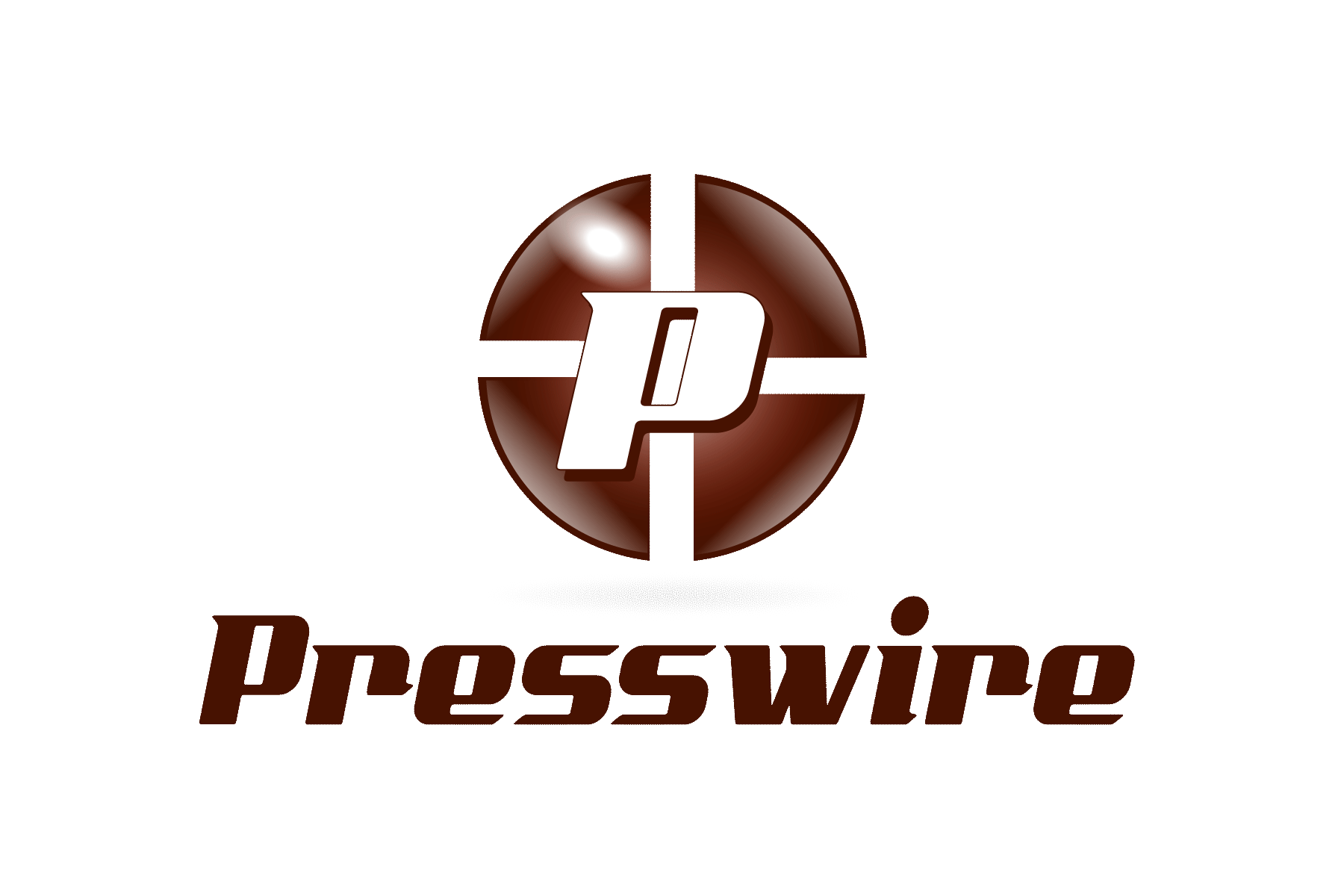Danish fintech startup ZTLment is the first in Europe to gain an European-wide licence that lets it operate fully regulated payments on top of blockchain.
Danish fintech startup ZTLment is the first in Europe to gain an European-wide licence that lets it operate fully regulated payments on top of blockchain.
The unique licence will allow ZTLment to deliver on the promise of blockchain to enable the secure, regulated movement of money for customers and businesses across Europe.
Blockchain, hailed as a revolutionary technology with the potential to disrupt a variety of industries including payments, has so far failed to live up to lofty expectations.
ZTLment, a fintech startup headquartered in Copenhagen, has focused on how to fit the technology into current regulatory frameworks, building a trusted solution actually delivering value for business customers today. The company has successfully passported its payments institution licence across the European Economic Area (EEA) countries. This licence empowers ZTLment to initiate business payments using traditional fiat money on the blockchain using new ledger infrastructure.
“The benefits of the technology are clear. Businesses can instantly and automatically move money and value. Up until now, user experiences have not been built for business workflows and compliance with European payments regulation has been missing,” says CEO and co-founder, Mads Stolberg-Larsen.
The achievement marks a turning point. It proves real money can be used on decentralised rails with simple IF-THEN statements. This way, companies with complex payout needs can automate operations, reduce risk and help merchants as well as ensure strategic suppliers get paid on time, every time.
Compared to existing financial rails, which are often slow, costly, and prone to bottlenecks, blockchain rails offer a superior alternative. The inherent nature of blockchain ensures faster transaction processing, lower transaction fees, and enhanced security, providing businesses with a more efficient and cost-effective payout infrastructure.
“We are opening a new way to move euros and other fiat currencies between business partners. It is like direct debit, but with rocket engines on,” says co-founder and COO, Harry Kearney.
ZTLment has already gone live in specific sectors such as events and ticketing, affiliate networks, marketplaces, and digital content platforms.
“This is a significant stride towards empowering businesses with a seamless, efficient payout solution. We’re now at the forefront of transforming financial operations for businesses across the EEA.” says Stolberg-Larsen.
The European wide availability of ZTLment’s payment toolkit is part of a larger trend where regulated – and very large – financial institutions seek to replace outdated ledger infrastructures with something fit for the 21st century. In September, Citi announced the creation and piloting of “Citi Token Services” for cash management and trade finance, which “uses blockchain and smart contract technologies to deliver digital asset solutions for institutional clients”.
ZTLment has raised €1.3 million in pre-seed funding from venture funds specialising in fintech. The startup’s smart contract software moves euros instantly and automatically on blockchain in full regulatory compliance. ZTLment’s smart contract software has been approved under Payment Service Directive 2 (PSD2), a European open banking framework, is available in 30 countries.
Europe’s first payments institution built on blockchain
ZTLment is a Copenhagen based fintech startup that makes programmable business payouts easy to set up, execute and reconcile. With the ZTLment payments toolkit, companies across the European continent can solve their complex business payout needs via simple IF-THEN statements. This way finance and operations teams can automate workflows, reduce risk while making sure merchants and strategic suppliers get paid on time, every time.
Under the hood, the company is Europe’s first payments institution built on blockchain. It is fully regulated by the Danish Financial Supervisory Authority (FTID 22043) to move funds under the EU open banking framework, PSD2.




